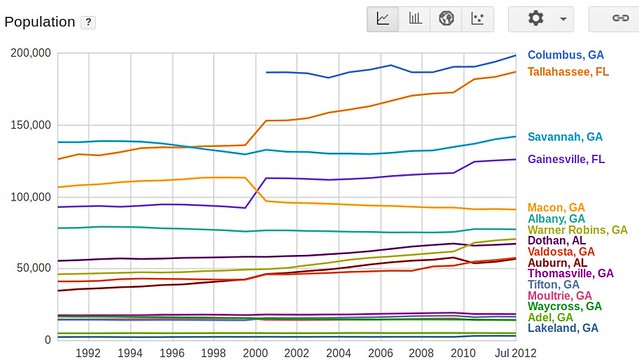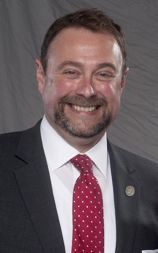 Sombody should tell Georgia Power and Southern Company
they’re still pushing a dead power source.
It’s time to go from far-too-expensive nuclear directly
to solar onshore and wind offshore.
Sombody should tell Georgia Power and Southern Company
they’re still pushing a dead power source.
It’s time to go from far-too-expensive nuclear directly
to solar onshore and wind offshore.
Remember in the last year or so five U.S. nukes have been shut down and five more have been cancelled while in Canada two more have been cancelled, plus maybe two more, and maybe as many as six are to be shut down. Dr Jim Green wrote for Ecologist yesterday, The nuclear renaissance is stone cold dead,
Perhaps the most shocking developments have been in the United States, where the industry is finding it increasingly difficult to profitably operate existing reactors—especially ageing reactors requiring refurbishments—let alone build new ones.
Almost half of the world’s reactors Continue reading














